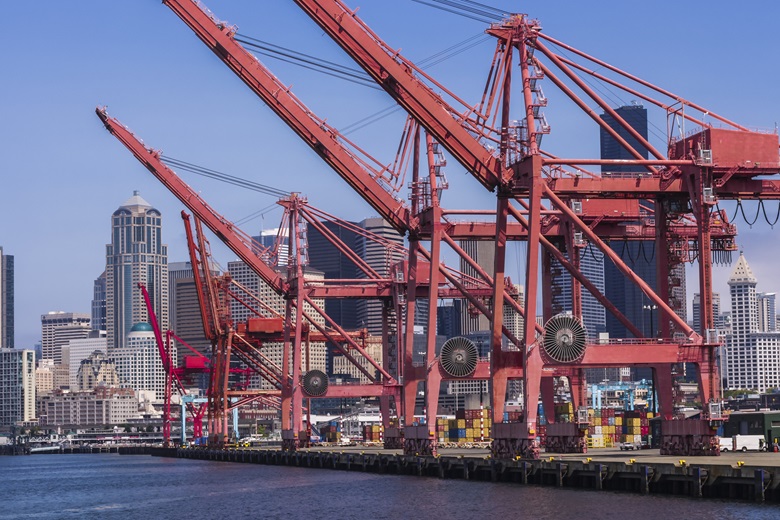New Report Highlights More Trade Restrictive Measures in APEC Region

Commercial trade in the APEC region recovered to USD 4.9 trillion in 2022, albeit lower than the projected value of USD 5.4 trillion in 2022 had there been no pandemic, according to a new report by the APEC Policy Support Unit, warning member economies of rising trade restrictive measures.
“The services sector was among the hardest hit during pandemic because it was affected by various temporary measures such as movement restrictions, closure of businesses and the closure of borders, among others,” said Carlos Kuriyama, Director of the APEC Policy Support Unit.
The report notes that despite having recovered to USD 700 billion in 2022, travel-related trade is only around 50 percent of both the value in 2019 and the projected value in 2022.
After falling 81 percent between 2019 and 2020, the number of international tourist arrivals to APEC economies registered a further decline of 16.4 percent between 2020 and 2021 due to COVID-19 related border measures as many economies took longer to reopen.
On the other hand, the transportation sector reported a rosier outlook. Having fallen from USD 900 billion in 2019 to USD 700 billion in 2020, trade in transport has since recovered to USD 1.2 trillion in 2022, which surpassed the projected value of USD 900 billion. The adoption of digital tools to improve access and provision of transport and logistics-related services have contributed to the recovery–a priority for APEC member economies.
In contrast with the travel and transportation sectors, trade in other business services in the APEC region (including research and development services, professional and management consulting services, and technical, trade-related and other business services) increased slightly to USD 970 billion in 2020 from USD 950 billion which was registered in 2019. It accelerated further to USD 1.09 trillion in 2021, which is higher than the projected value.
“There are many factors that affect services trade,” said Andre Wirjo, an analyst with the Policy Support Unit. “But one critical factor is government policies, which affect various services sectors differently.”
“Three years since the pandemic, while we’re seeing that member economies have started to roll back the temporary measures put in place during COVID-19, we’re also seeing more unrelated trade restrictions that are being introduced,” Wirjo added.
Depending on the sectors, these recently-introduced trade restrictive measures affect foreign entry, movement of people, competition and/or lead to other discriminatory measures.
The top restrictions also vary by sector and could involve additional restrictions on barriers to competition and/or regulatory transparency.
“While some restrictions may have been enacted for legitimate policy objectives, economies may wish to explore how these objectives could be achieved without having an unintended impact on trade, considering the interlinkages among policy measures,” explained Wirjo.
The report also highlights that while trade has often been said to be gender-neutral, in reality, men tend to benefit more from trade, as women are underrepresented in the most traded services sectors.
“It is important to continue with efforts to facilitate trade,” Wirjo said. “As economies monitor the various restrictions affecting services trade, it is apparent that trade is not inherently inclusive, and efforts need to be taken to enhance the participation of specific groups in society.”
To read the full report “Monitoring Pandemic Recovery Under the APEC Services Competitiveness Roadmap (ASCR)” by the Policy Support Unit, visit this link.
For further details and media inquiries, please contact:
[email protected]

